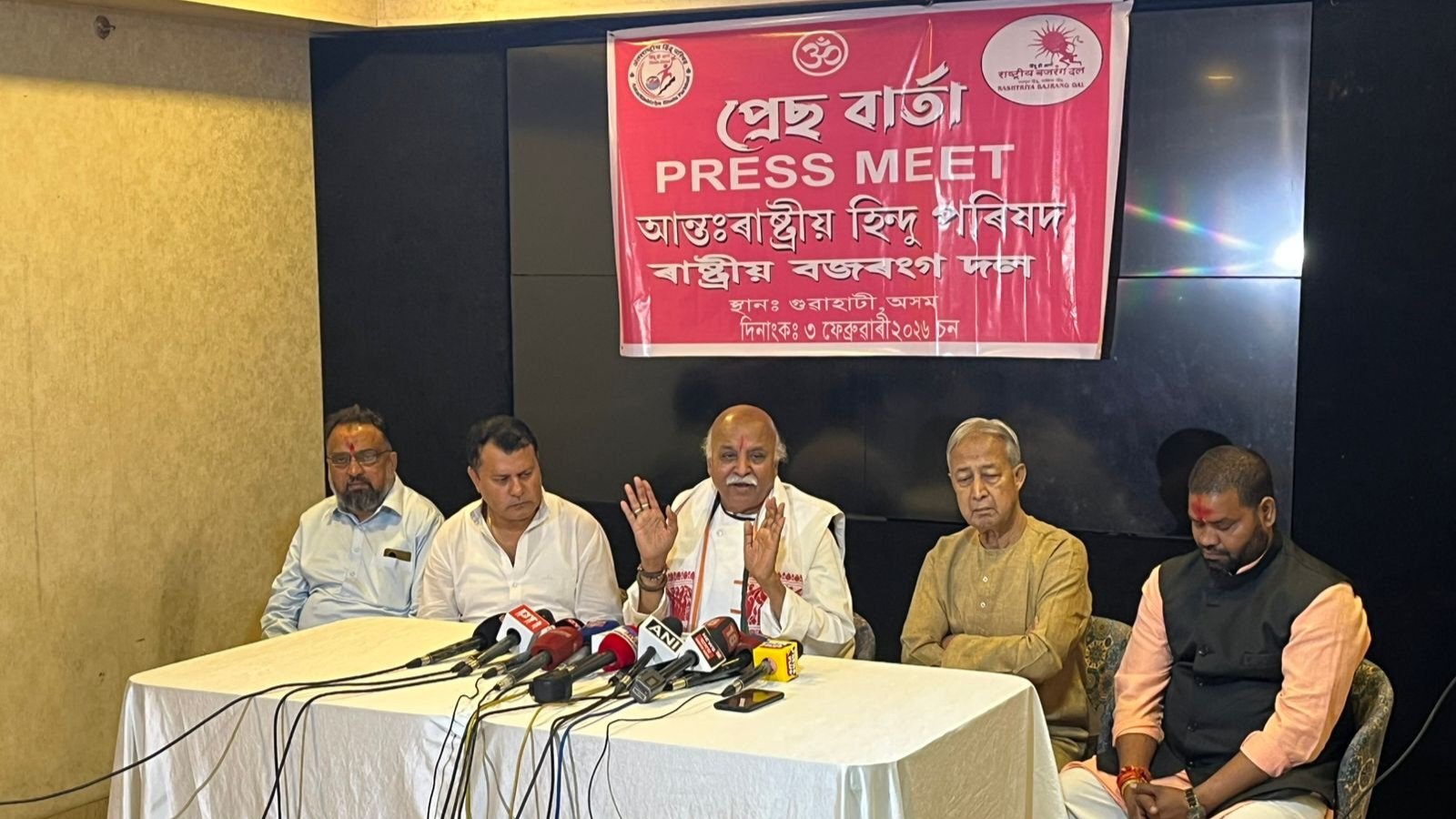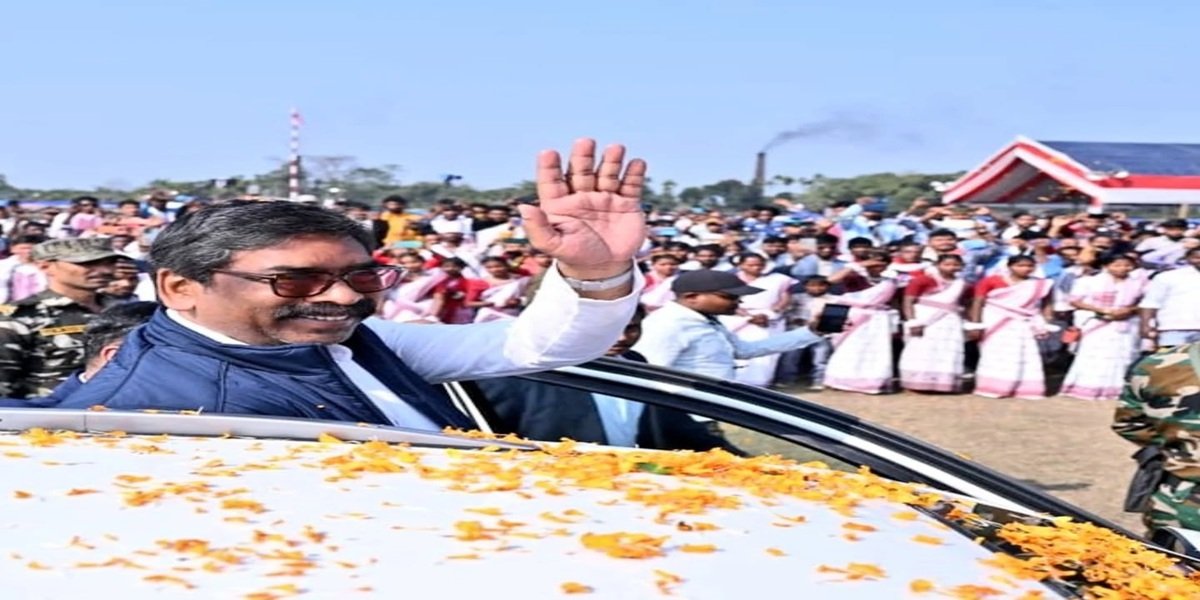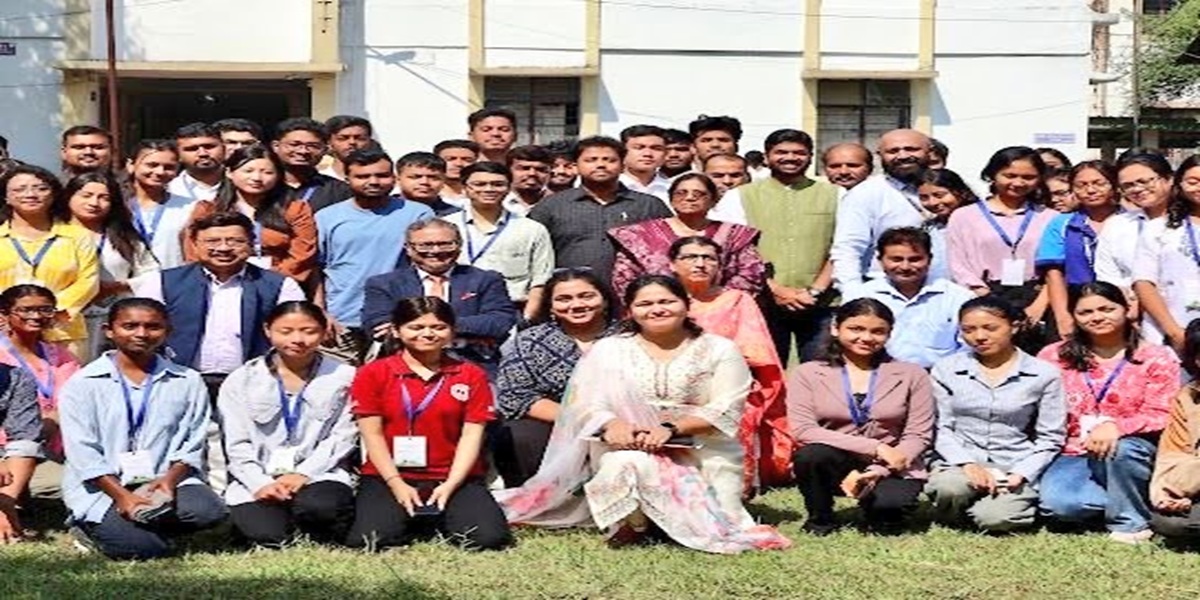Guwahati: Amid rising climate concerns and the urgent need for sustainable development, Gauhati University hosted the inaugural session of the Regional Climate Skills Workshop for Youth, organised by the Centre for Himalayan Studies in collaboration with The Energy and Resources Institute (TERI), the British Council, HSBC, and Vishva Yuvak Kendra.
The two-day programme marks the fifth and final regional workshop under the Climate Skills: Seeds for Transition India initiative, aimed at empowering youth with knowledge, practical skills, and leadership tools to address climate change through sustainable and community-driven approaches.
Delivering the opening address, Dr. Debanjan Chakrabarti, Director (East and Northeast India) of the British Council, stressed the importance of collective effort, saying, “If you run, you reach somewhere quicker; but if you walk with your friends, you reach much farther.”
In his address, Vice-Chancellor Prof. Nani Gopal Mahanta highlighted the importance of integrating climate education into higher learning. He said, “Universities must serve as catalysts for change by nurturing informed, responsible, and action-oriented youth who can lead the transition towards a sustainable future, especially in ecologically sensitive regions like the Northeast.”
The session also featured insights from Dr. Dipankar Saharia, Senior Director, Social Transformation and Strategic Alliance Programme, TERI, and Dr. Livleen K. Kahlon, Director, Environment Education and Awareness Division, TERI. Both speakers emphasized the role of education and partnerships in shaping climate-ready societies.
More than 130 students and research scholars from Assam, Odisha, and other states, as well as international participants from South Africa and Thailand, are attending the workshop. The programme includes sessions on climate change mitigation, adaptation strategies, sustainable community practices, and project-based learning.
The workshop will conclude with participants presenting their project ideas, from which ten students will be shortlisted for the National Climate Skills Workshop based on innovation, feasibility, and potential impact.
Funded by the British Council and jointly implemented by TERI and the Centre for Himalayan Studies, the initiative aims to build a generation of young climate leaders capable of combining science, policy, and community engagement to drive transformative change.










